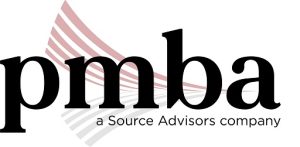In general, maintaining inventory in a state will create sales tax nexus. However, until recently states did not have many methods to enforce these requirements on international companies. What has changed? As part of a broader effort to co-operate with state tax laws companies such as Amazon have been urging sellers to comply with state sales tax laws. Although Amazon cannot force international businesses to collect sales tax they can threaten to limit business activity with them if they do not comply.
How Does an International Business Comply?
Step 1 – Find an Expert.
The sales tax experts at PM Business Advisors are part of a group of service providers that are experienced in helping international businesses comply with complex sales tax laws without creating PE.
Step 2 – Determine if a Nexus Exists.
There are many factors that may create nexus and each state may apply those factors in a different manner.
Step 3 – Acquire a Federal Employer Identification Number.
This is complicated for international companies not desiring to establish a PE.
Step 4 – Register for a Sales Tax ID Number.
This is also complicated for international companies due to the information required by most of the applications, such as a US-based officer, and physical locations in the US.
Step 5 – Comply
Once you have a sales tax id number you are required to file monthly, quarterly or annual sales tax returns. You have several options and you can check out our COMPLIANCE section to review those options.
Step 6 – File Your 1120-F Protective Return
PM Business Advisors will assist you in working with a US-based CPA to assist you in filing the 1120-F.






